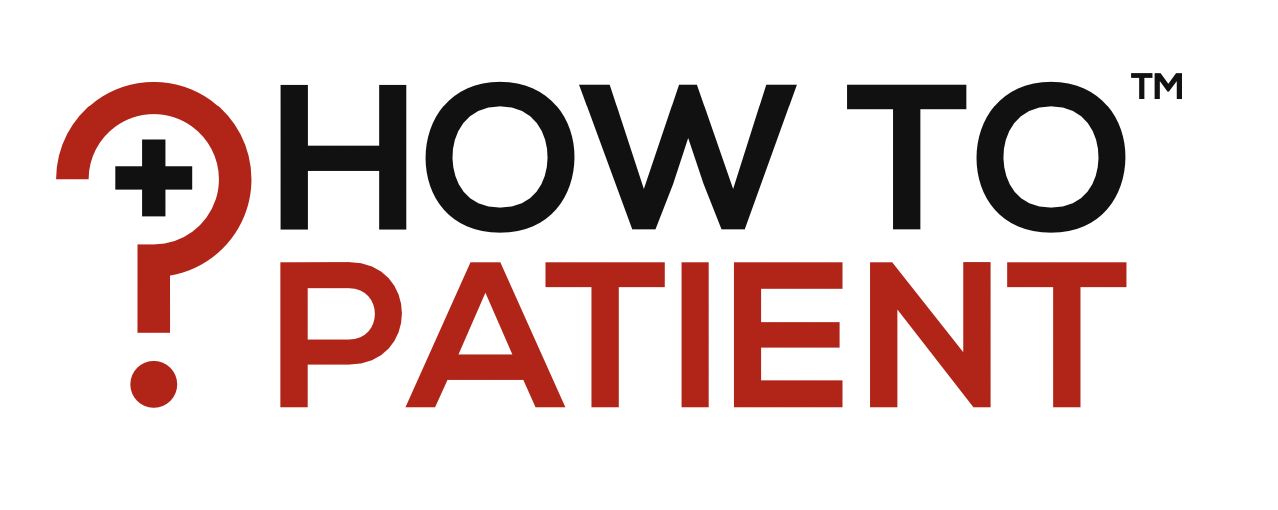01
Address training gaps in medical education
Our platform is designed to fill the significant gaps in medical education, helping healthcare providers understand how to engage with their patients at a deeper level. We provide educational content that can be used for both students and experienced professionals.
02
Diverse courses
By utilizing our educational platform, healthcare providers can gain knowledge about understanding patients’ emotions, fears, and anxieties — resulting in improved patient-doctor bond. This helps create a positive environment for healing and recovery, while ensuring an overall better experience for both the patient and the provider.
MAKE REAL RESULTS HAPPEN. | THIS IS MORE THAN JUST LEARNING.
Our courses
Dr. Natasha Bray, DO
Dean of OSU College of
Osteopathic Medicine
Osteopathic Medicine
“I had the opportunity to read Dr. Kissinger Goldman's book "Doctor Goldman's Guide to Effective Patient Communication" and work through the on-line curricular course "How to Patient."
I am thankful to see such a thorough, straight forward guide for medical professionals that prioritizes patient-centered communication and provides skills for implementation by busy medical students, residents, and physicians. These concise tools emphasize the critical importance of effective communication in the physician-patient partnership for health.
I highly recommend the book and on-line course to all medical educators engaged in the clinical teaching environment for medical students and residents. This will serve as an important tool teaching / assessing competencies in teaching patient-centered care, professionalism, interpersonal & communication skills, system based practice, cultural competency, and interprofessional collaboration.”
